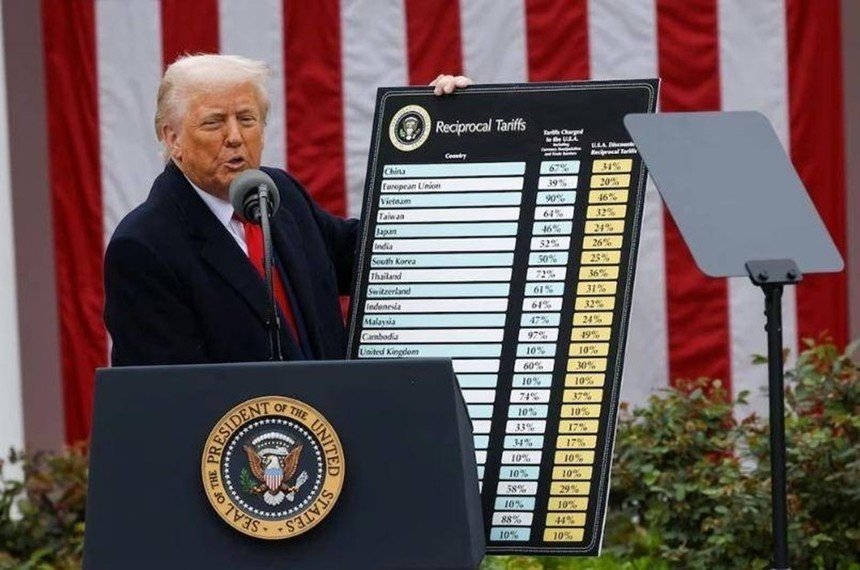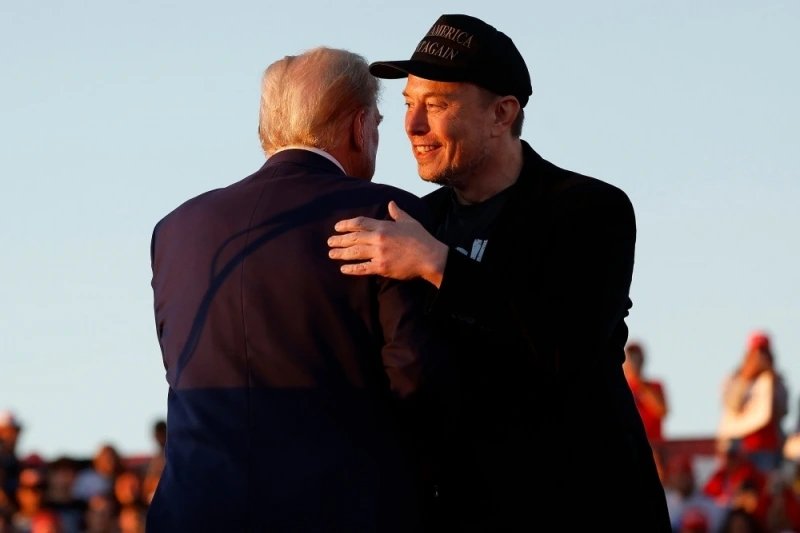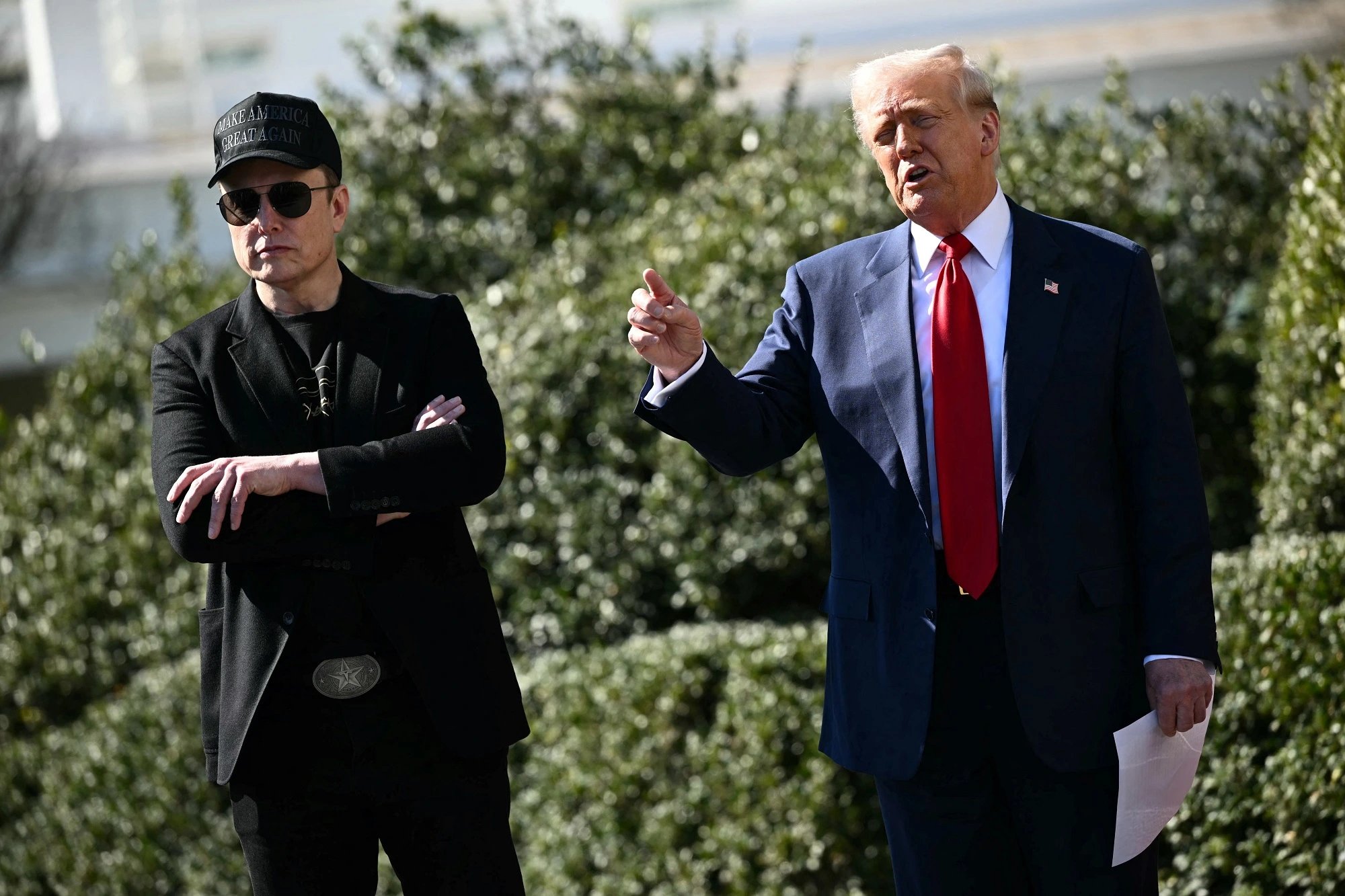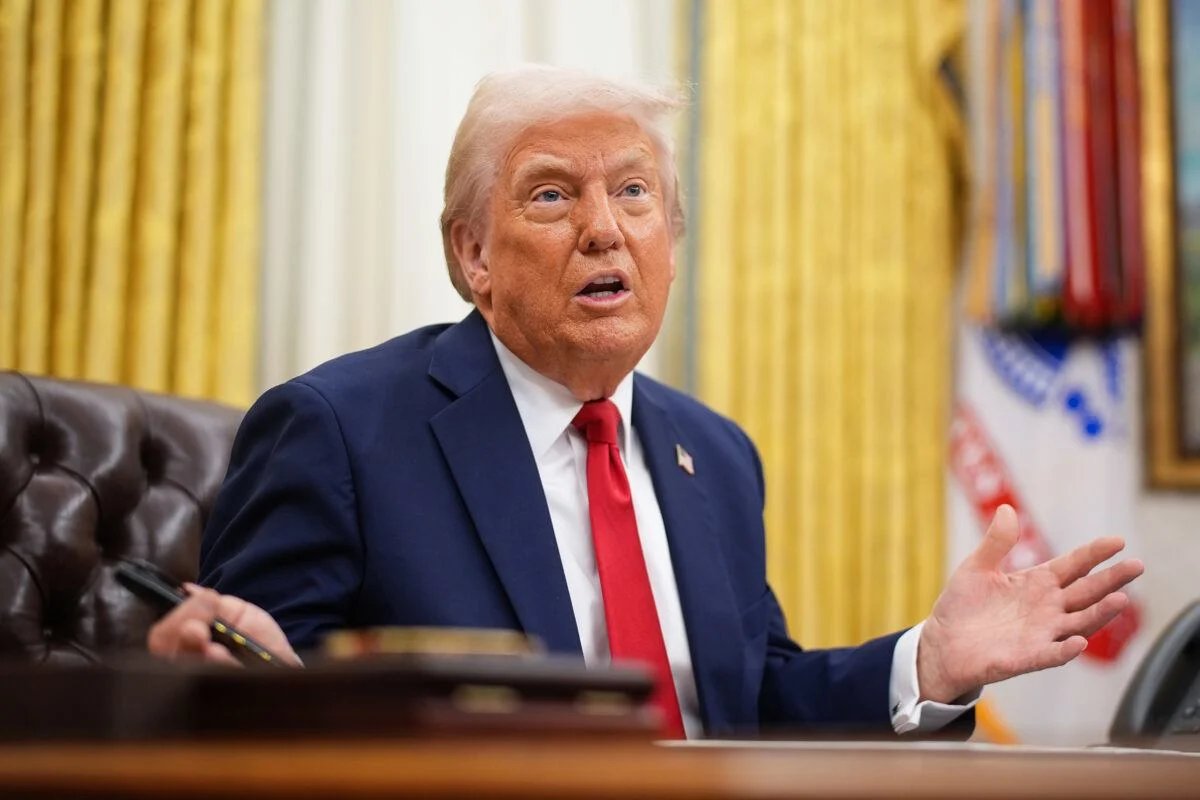In a dramatic turn of events that has captivated the political and economic landscape, billionaire entrepreneur Elon Musk has publicly advised former President Donald Trump to reconsider his stance on tariffs. This rare piece of counsel from one of the world’s most innovative minds to one of the most influential political figures could reshape America’s trade policy and global relations. At the heart of the matter lies a critical question: Are tariffs helping or hurting the U.S. economy in the long run?
As global trade tensions escalate and the 2024 presidential elections draw near, Musk’s warning stands as a beacon urging policymakers to evaluate the broader impact of protectionist policies. This article delves into the reasons behind Musk’s statement, the historical and current implications of tariffs under Trump’s leadership, and the potential outcomes if these policies continue unchecked.
### **Elon Musk: The Voice of Reason or Rebellion?**

Elon Musk is no stranger to controversial opinions, but his influence is undeniable. As the CEO of Tesla, SpaceX, X (formerly Twitter), and Neuralink, Musk commands a platform that transcends industries and political boundaries. His warning to Trump about the potential consequences of tariffs did not come out of thin air; it was built on years of economic observation, experience navigating global supply chains, and a futuristic outlook on sustainability and innovation.
Musk has previously supported certain Trump policies, especially those favorable to space exploration and domestic manufacturing. However, he has never hesitated to criticize decisions that he believes hinder innovation or global progress. This latest critique is a calculated move aimed at protecting not only his own businesses but also the larger American economy from what he views as self-inflicted wounds.
### **The Tariff Timeline: Trump’s Economic Nationalism**
When Donald Trump first introduced sweeping tariffs during his presidency, he claimed it was to protect American jobs, reduce trade deficits, and revive U.S. manufacturing. These tariffs, especially those targeting Chinese imports, were among the most aggressive seen since the 1930s. From steel and aluminum to technology and consumer goods, a wide range of products saw increased costs due to these trade barriers.
While the intention was clear—putting “America First”—the results were mixed. Some domestic industries did see a temporary boost, but many others, especially those relying on global supply chains, experienced higher production costs and retaliatory tariffs. The automotive industry, a sector Musk knows intimately, was particularly hard-hit.
### **Tesla and the Ripple Effects of Tariffs**

Tesla, the crown jewel of American innovation in electric vehicles, operates in a global marketplace. From lithium mining to battery manufacturing and vehicle assembly, Tesla’s supply chain crosses multiple borders. Tariffs complicate this ecosystem by increasing costs and reducing competitiveness in foreign markets.
Musk’s warning to Trump is deeply rooted in his experience managing these complexities. In previous years, Tesla had to adjust its pricing models due to tariffs imposed on goods from China, where a major gigafactory operates. Additionally, retaliatory tariffs from other nations have affected Tesla’s exports, making it harder to maintain margins and compete internationally.
According to Musk, continuing down this path could lead to a fragmented global economy, where innovation is stifled, partnerships dissolve, and the cost of green technology soars. In his view, a more open and collaborative trade environment would be a win for both the U.S. economy and the global climate.
### **The Economics Behind Musk’s Concern**
Tariffs are essentially a tax on imports. While they can protect specific industries in the short term, they often lead to higher prices for consumers and retaliatory measures from other countries. For high-growth, tech-driven companies like Tesla, Apple, or Intel, this results in decreased profitability, less capital for research and development, and strained international relations.
Musk’s concern isn’t limited to his bottom line; it extends to the macroeconomic impact on inflation, employment, and the dollar’s strength. As tariffs raise costs across the board, the Federal Reserve may be forced to tighten monetary policy even further to combat inflation. This could slow economic growth and even risk a recession.
Furthermore, small and medium-sized enterprises that rely on imported materials often suffer the most. Without the scale and negotiating power of large corporations, these businesses are forced to absorb the cost or pass it on to customers, which undermines consumer trust and purchasing power.
### **Trump’s Perspective: Economic Sovereignty at All Costs**

Despite Musk’s warnings, Donald Trump remains a staunch advocate for tariffs. For him, they are a tool of economic sovereignty—a way to assert American dominance and independence in a globalized world. In Trump’s eyes, any short-term pain is justified if it means long-term gains in self-reliance, job creation, and reduced dependence on adversarial nations.
Trump has argued that tariffs brought China to the negotiating table and that the United States needs to decouple from economies that do not share democratic values. While this argument appeals to populist and nationalist sentiments, economists argue that the costs outweigh the benefits in a highly interconnected global economy.
The challenge, then, is finding a balance between protecting national interests and fostering global cooperation. Musk’s comments suggest that Trump’s policies may be tipping the scale too far toward isolationism.
### **Global Reactions: Allies and Rivals Weigh In**
Elon Musk’s advice has not gone unnoticed on the global stage. Leaders from the European Union, Canada, and Asia have echoed similar concerns about the destabilizing effects of U.S. tariffs. Countries that once considered the United States a key trade partner are now seeking alternative alliances, reducing their economic dependency on American markets.
Meanwhile, China continues to build stronger trade ties with emerging economies in Africa and Latin America, expanding its influence and access to critical resources. If the U.S. continues to alienate its partners, it could find itself excluded from major trade deals and global innovation hubs.
In this context, Musk’s statement is not just a domestic appeal—it’s a signal to the world that not all American leaders support protectionism and that there is still hope for cooperative globalization.
### **The Political Gamble: Will Trump Listen?**

As the 2024 election looms, Trump’s economic policies will be a key point of contention. While his base may appreciate the tough stance on foreign competitors, business leaders and economists warn of long-term consequences. Musk’s challenge forces Trump to reconsider whether clinging to tariffs is worth the economic strain and global backlash.
It’s a political gamble. Ignoring Musk might alienate a segment of tech-savvy, economically liberal voters. But embracing his advice could be seen as a retreat from Trump’s core principles. This tension will likely shape the narrative of upcoming debates and policy proposals.
### **Innovation vs. Isolation: A Nation at the Crossroads**
Elon Musk’s warning highlights a broader ideological battle between innovation and isolation. In an era where technology, climate change, and global pandemics demand international cooperation, retreating behind economic walls may prove more harmful than protective.
Musk, ever the futurist, envisions a world where American innovation leads through collaboration—not conflict. He believes tariffs are relics of an outdated economic strategy that fails to acknowledge the interconnectedness of the 21st-century economy.
The U.S. stands at a crossroads. It can either heed Musk’s warning and pivot toward smarter, more nuanced trade policies, or double down on protectionism and risk losing its leadership in global innovation.
### **Conclusion: Time for a Smarter Trade Policy**
The debate sparked by Elon Musk’s advice to Donald Trump is more than a political squabble—it’s a defining moment for U.S. economic policy. Tariffs may offer immediate political wins, but the long-term consequences could be devastating for American competitiveness and global stability.
By calling for a reassessment of these trade barriers, Musk is urging the nation to embrace a more forward-thinking approach. One that encourages innovation, rewards collaboration, and ultimately, strengthens the American economy from within—not by exclusion, but by integration.
Whether Trump takes this advice or not, the conversation it has ignited is crucial. The future of trade, innovation, and America’s place in the global economy hangs in the balance.
